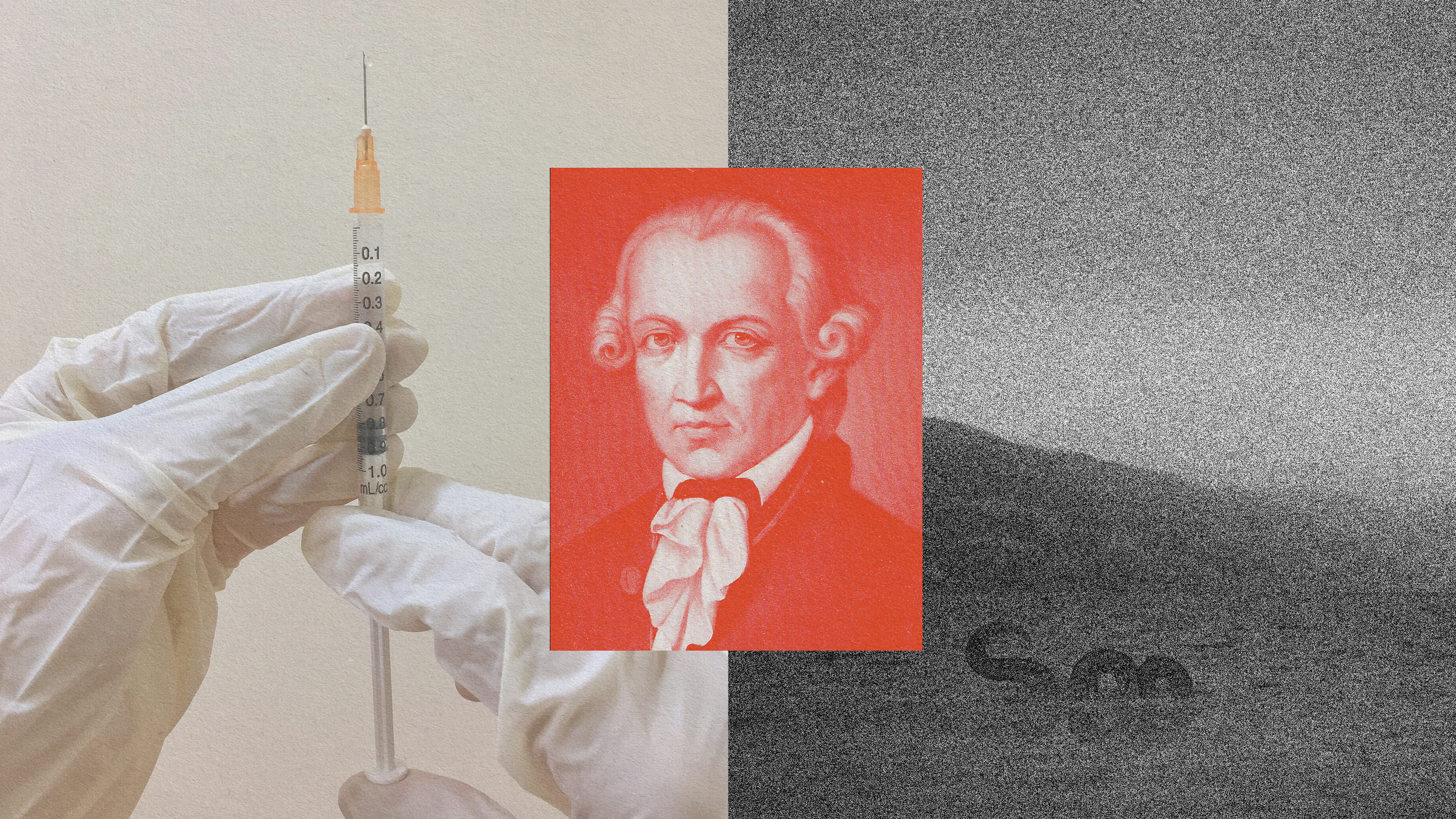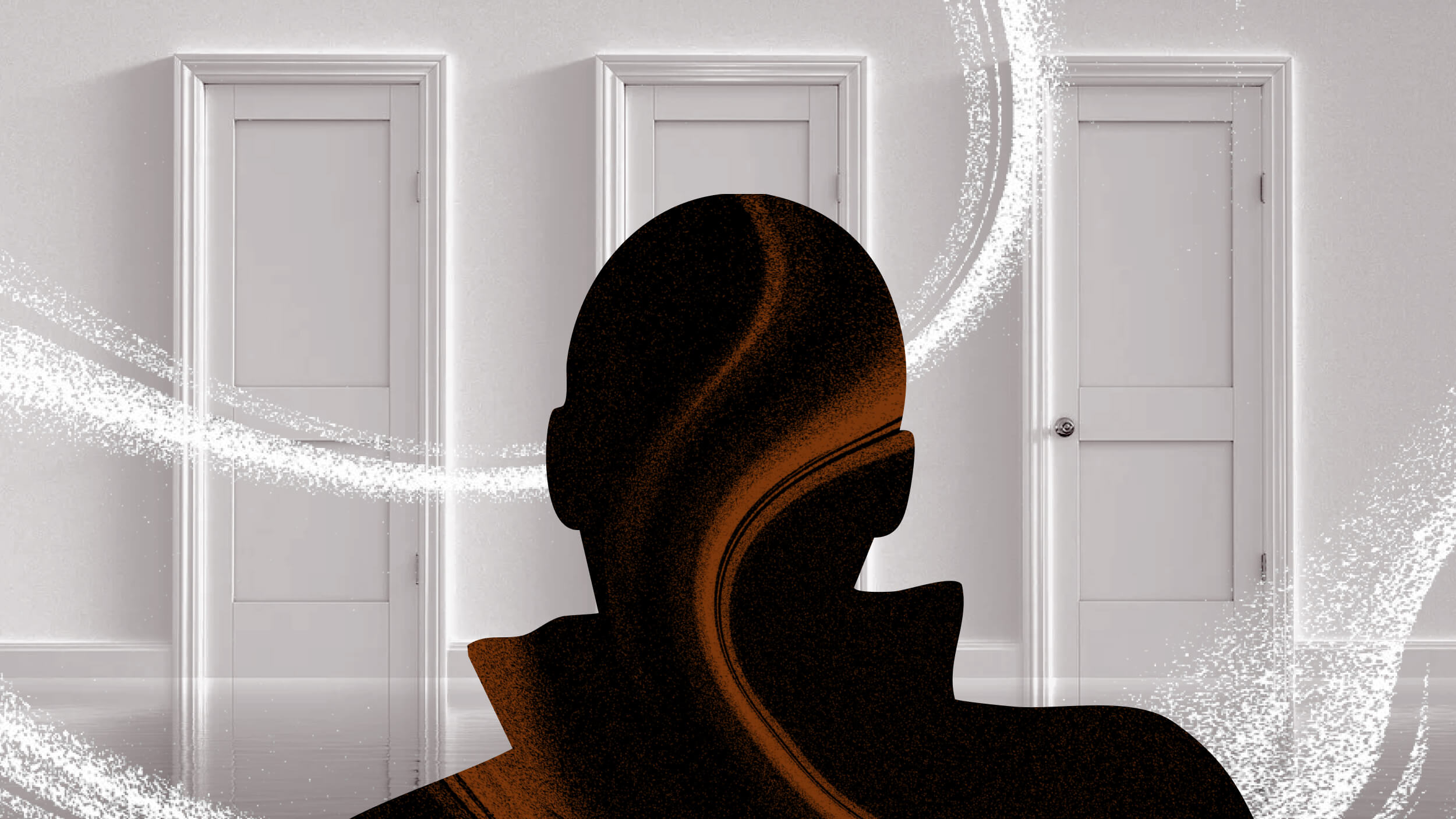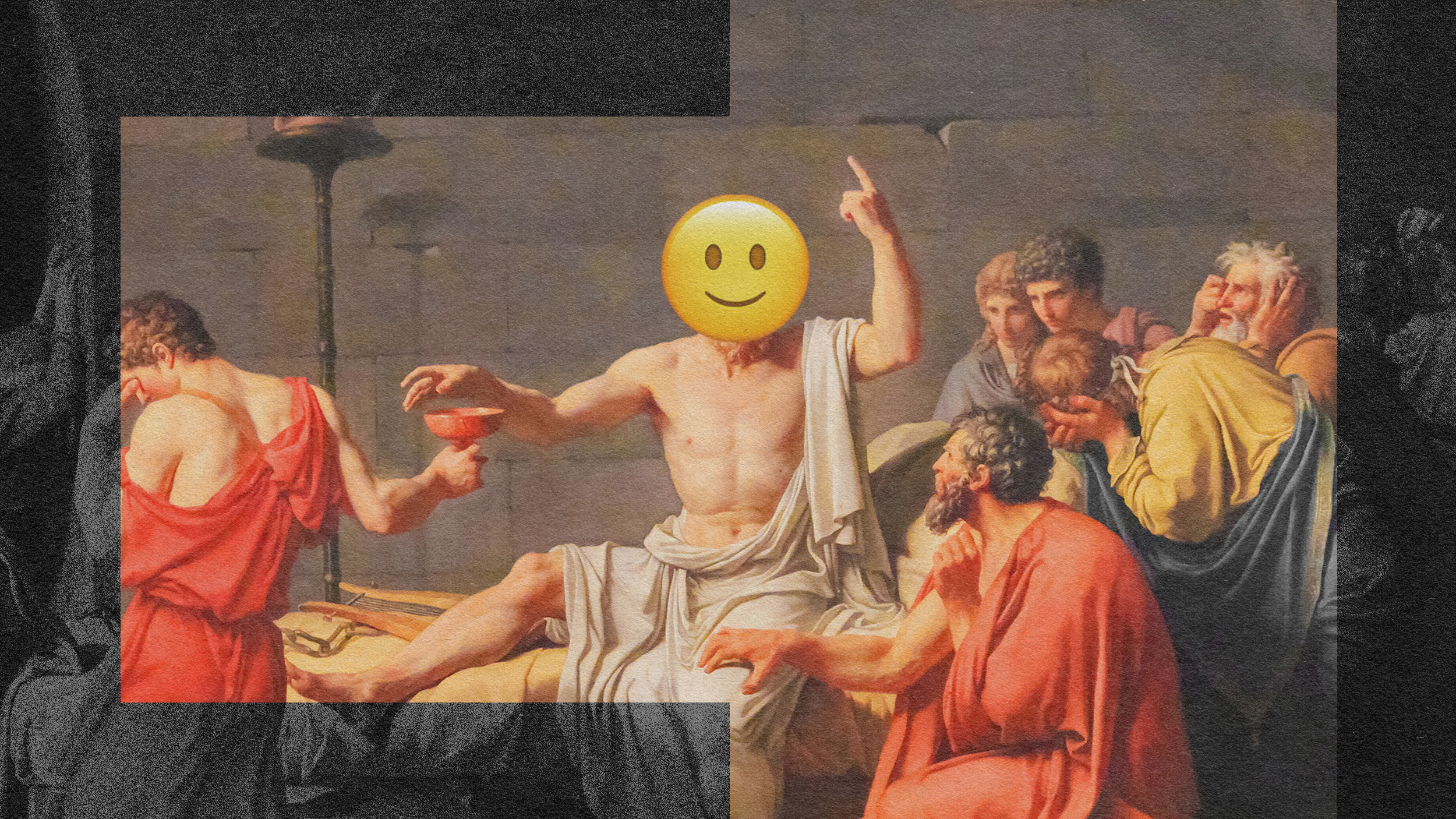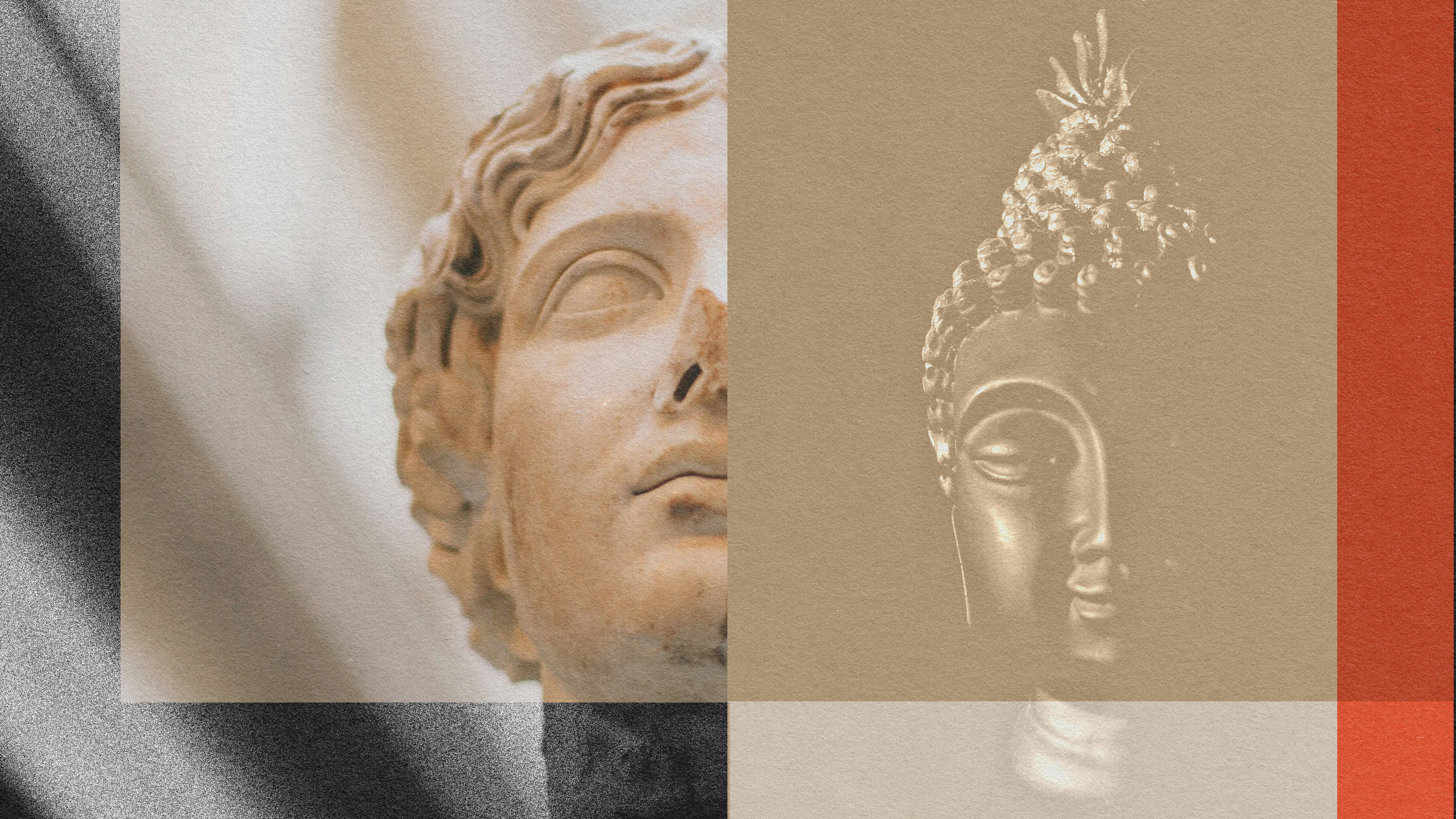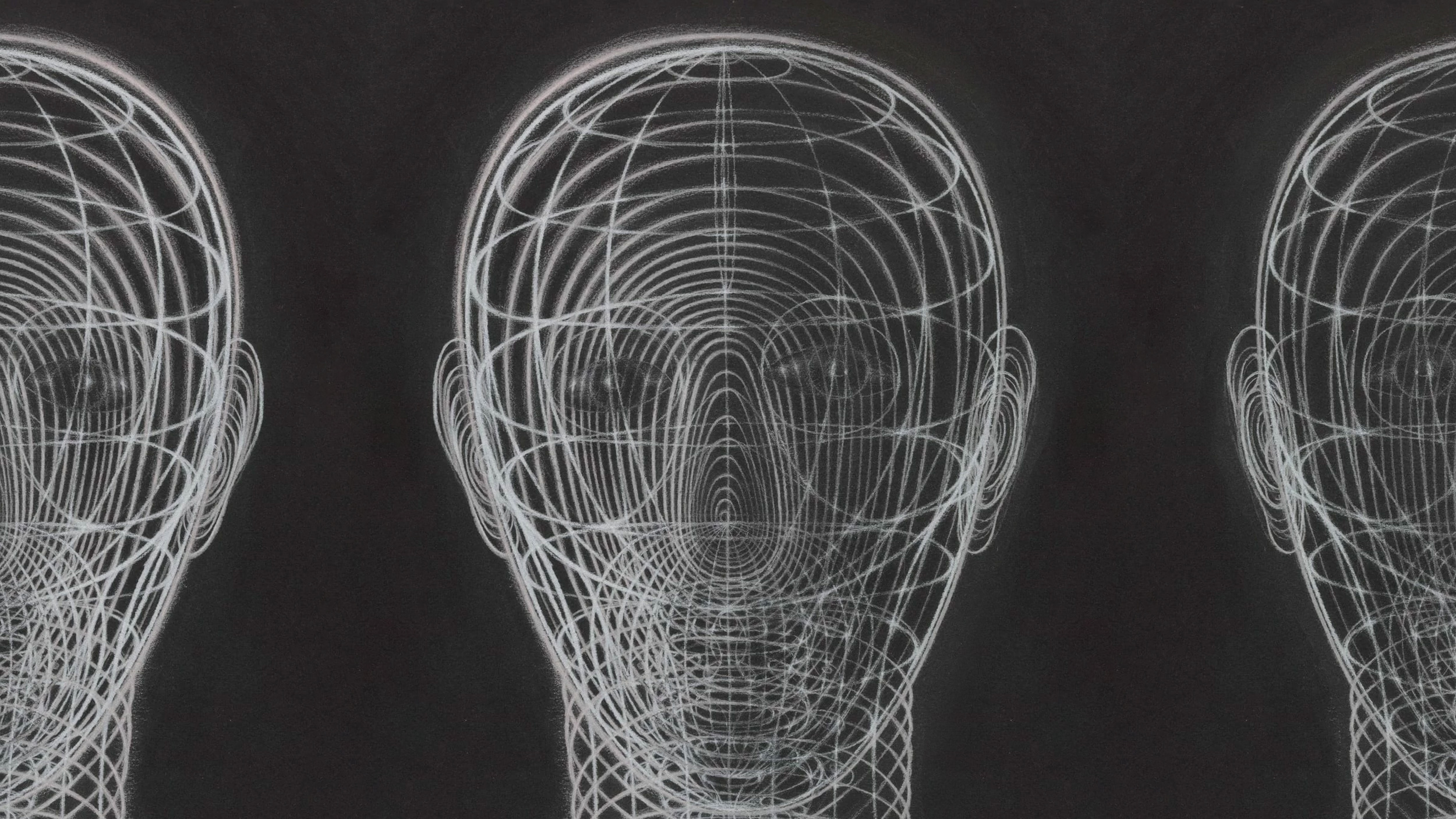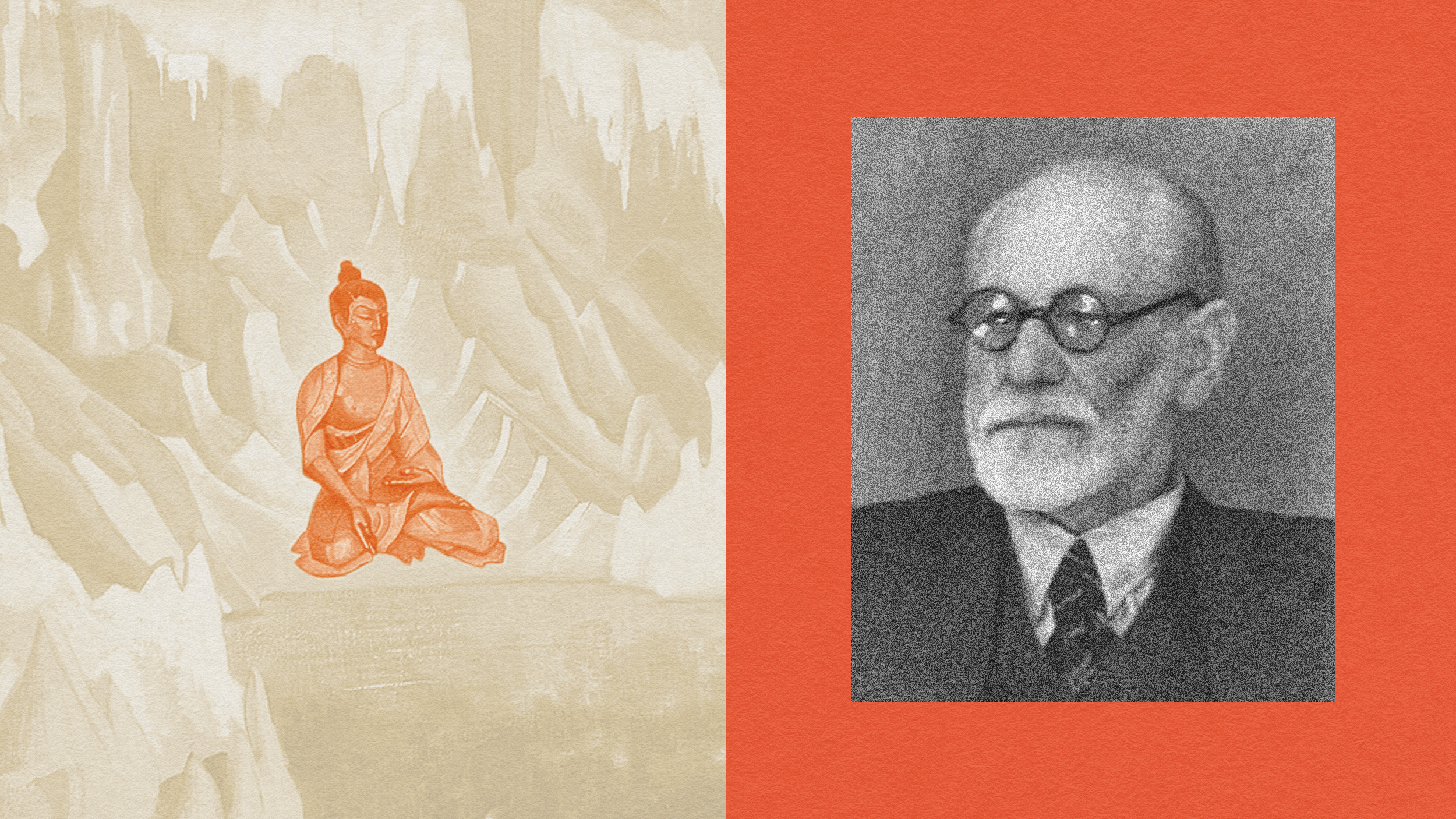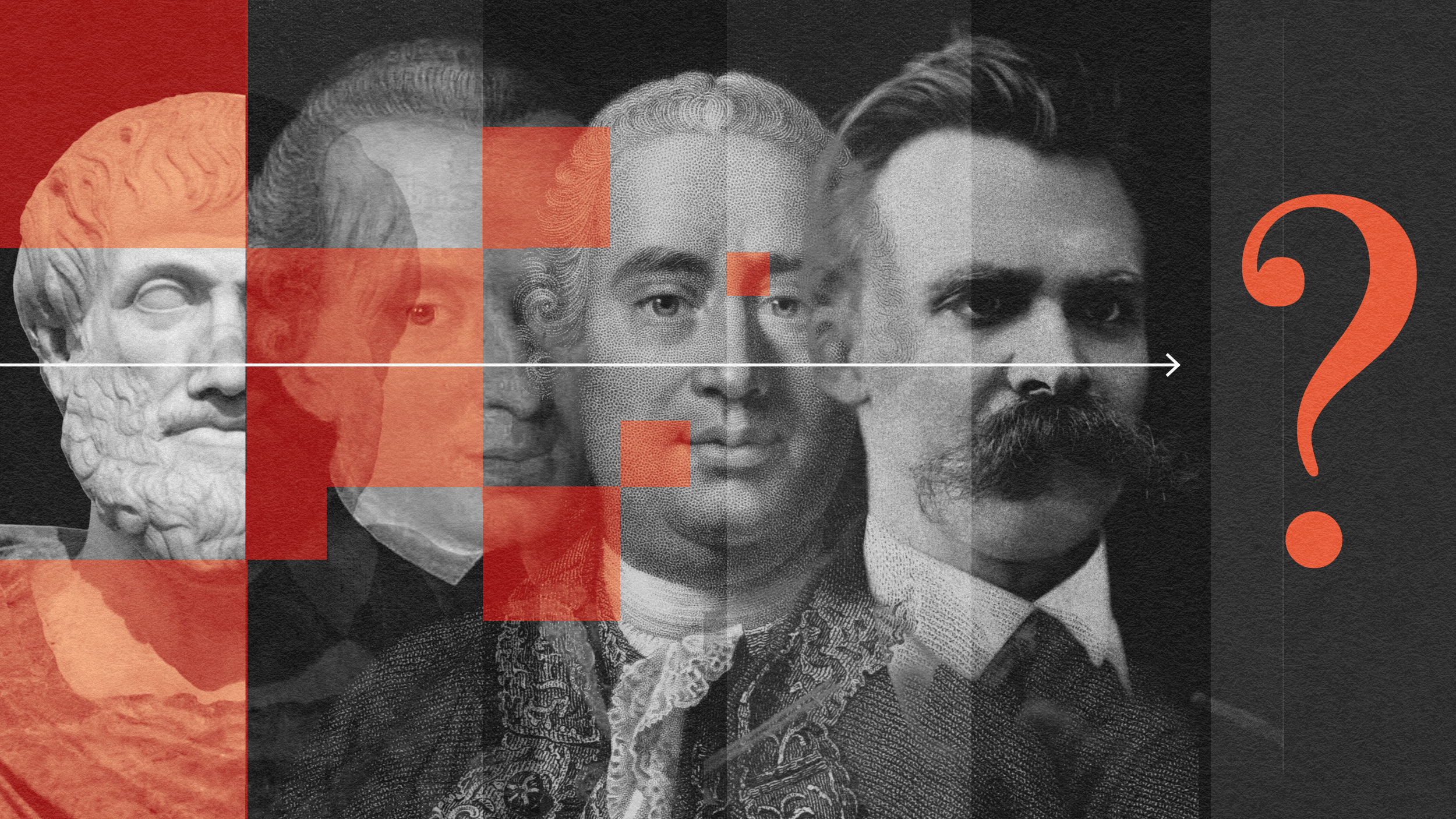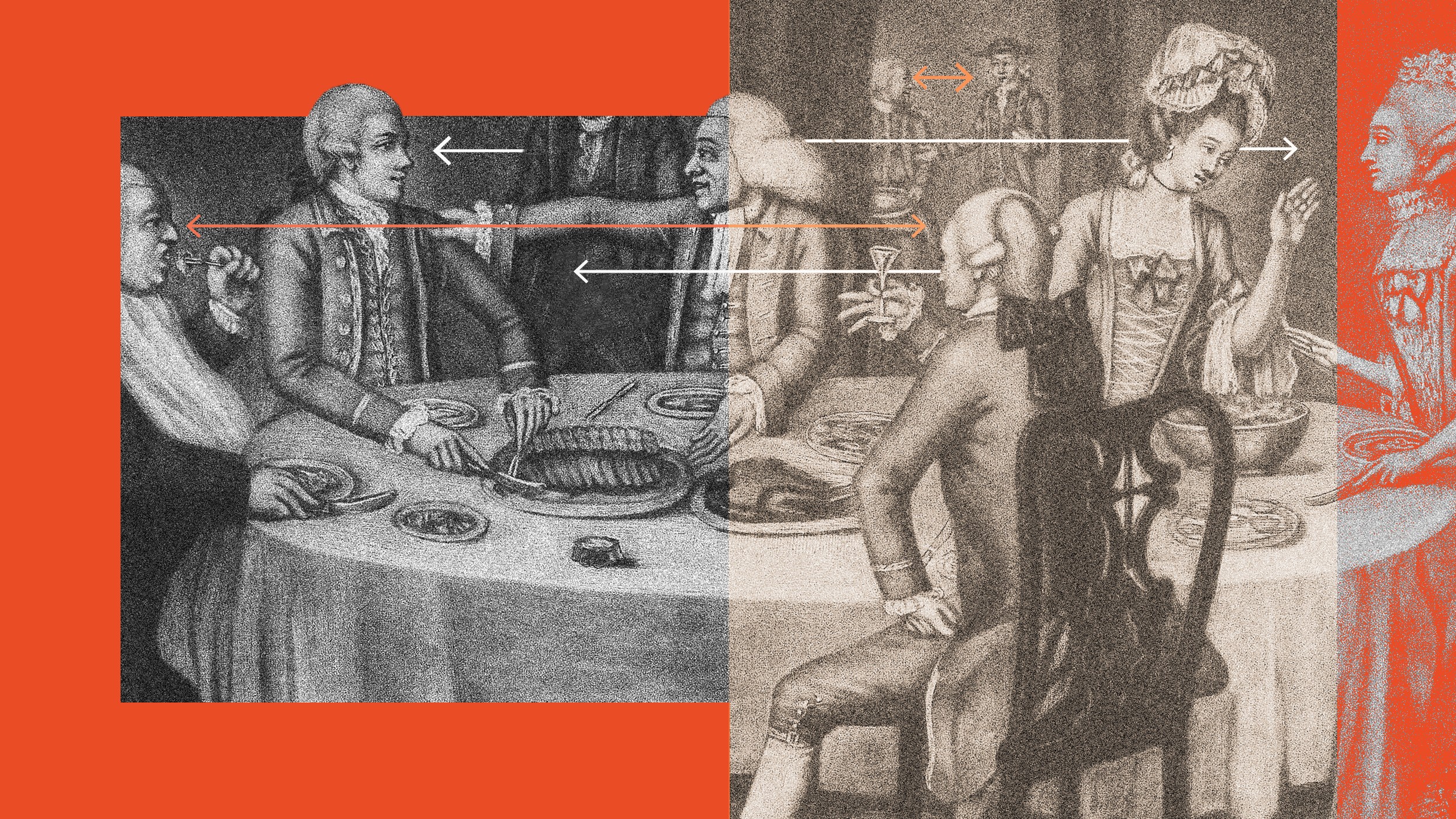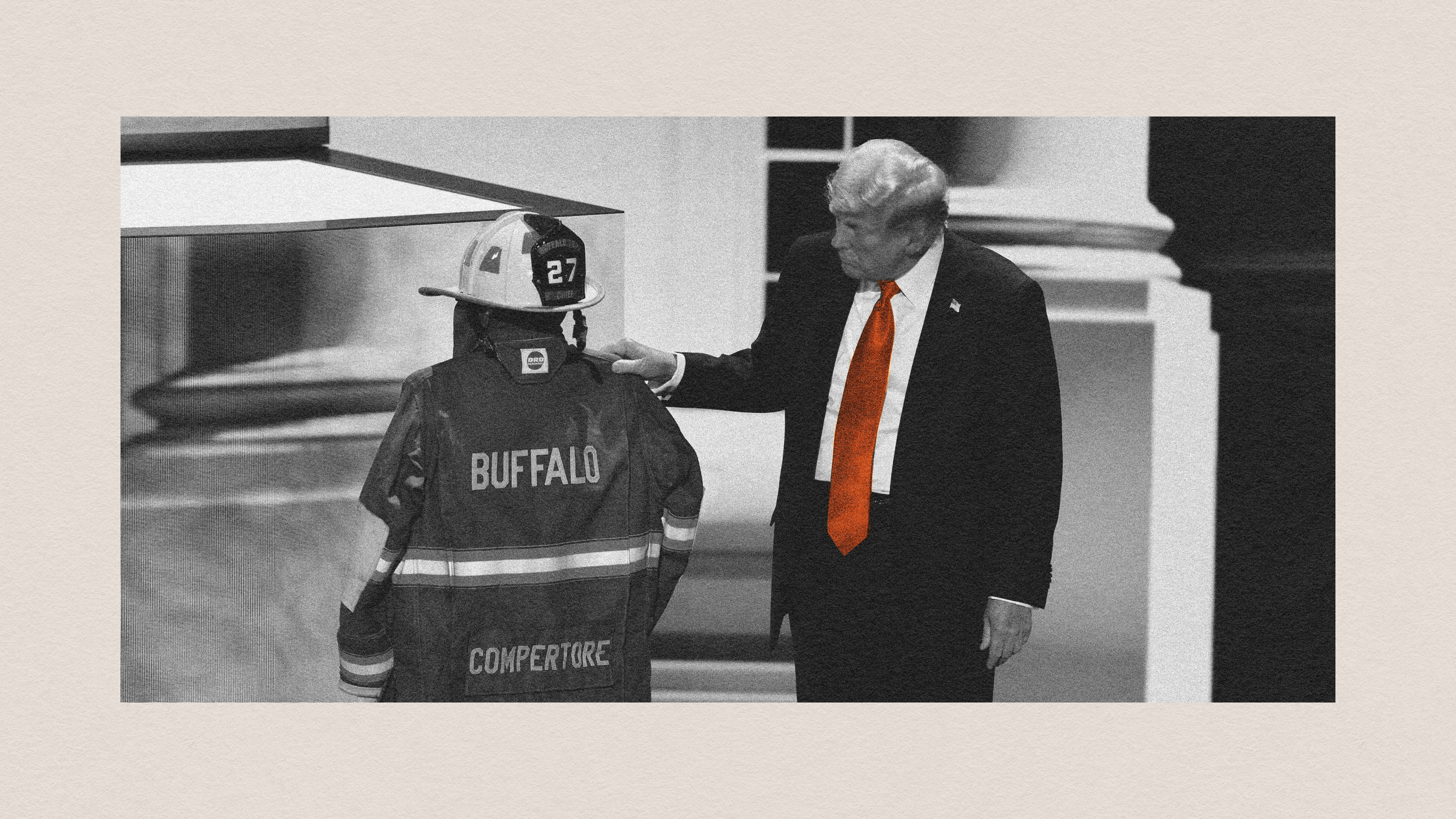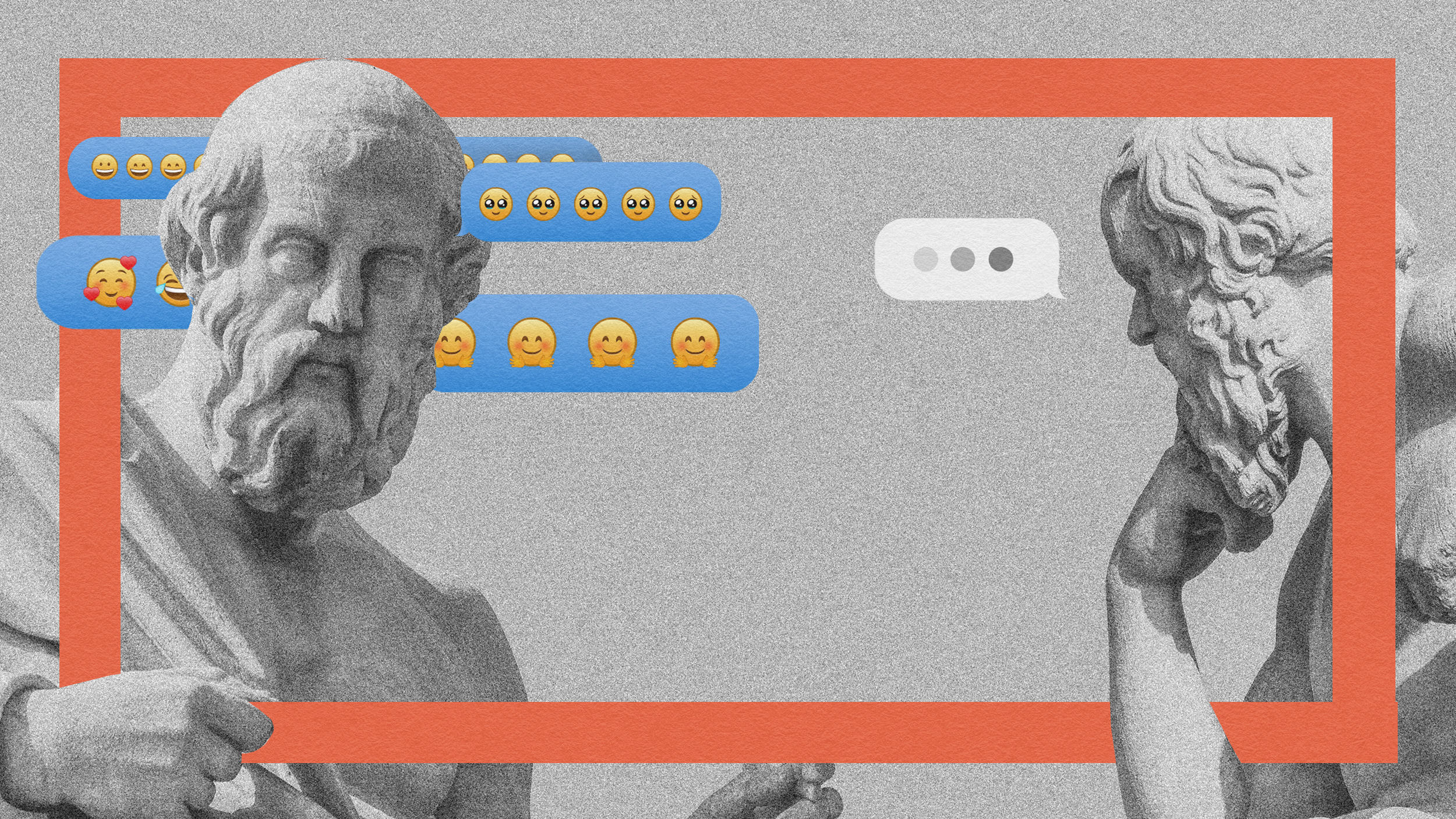Jonny Thomson
Jonny Thomson taught philosophy in Oxford for more than a decade before turning to writing full-time. He’s a columnist at Big Think and is the award-winning, bestselling author of three books that have been translated into 22 languages.
Jonny is also the founder of Mini Philosophy, a social network of over half a million curious, intelligent minds. He's known all over the world for making philosophy accessible, relatable, and fun.

If you’re an atheist with a vocation, who laid that path for you?
Listen, set boundaries, and point them where to go.
“I have a friend who thinks vaccines cause autism,” writes Nina. “What can I do?”
The truly talented are those who got to where they are despite preconceived expectations.
In the 18th century, David Hume argued that we are only motivated to do good when our passions direct us to do so. Was he right?
There’s little more infuriating in the world than being told to “calm down” when you’re in the midst of a simmering grump.
How can “you” move on when the old “you” is gone?
Do you always act professionally in the workplace? Depends what you mean by “professional.”
In his latest book, Malcolm Gladwell explores a strange phenomenon of group dynamics.
Reading this article would be such a millennial thing to do.
Would you be upset if I called you an eggplant?
Don’t make the mistake of blindly following quantitative metrics — whether you’re helping clients or looking for lunch.
“The primary way that people make friends is through institutions.”
People often say, “Let go,” or, “Don’t take things to heart.” But where’s the line with this philosophy?
If you’re out on a walk, you will see a different world than your dog, a bee, or an ant. Here are three reasons why that matters.
Why do we tip waitstaff and cabdrivers but not flight attendants and retail clerks?
In today’s political climate, how can we come together and seek some common ground or understanding? What are the mechanics of doing that? Is there some script or set of […]
It’s hard to know what other people know. But it’s not impossible.
Does Platonic love actually exist?
Oliver Burkeman — author of “Four Thousand Weeks: Time Management for Mortals” — tells Big Think about modern life lessons from a 6th-century monk.
Desire is like a drug. But is an addict always an addict?
Why would someone who has spent their entire career following orders become a great leader overnight?
Philosophy cures no disease and invents nothing new. What’s even the point?
Some news is slow, some news is fast — and there are two simple techniques to help you filter both.
If philosophers really enjoy one thing, it’s a good debate — but not an argument.
Is it ever possible for God to violate the laws of nature?
How do you cope when joining a team shatters your confidence? Albert Camus and Harry Stack Sullivan can help.
Unraveling the subtle mechanics of luck can help us better steer the wheel of fortune.
“I know what you’re thinking” can sound kind or creepy — depending on who’s saying it.
The rise and fall of Josh Harris — the genius who anticipated the digital revolution just a little too soon.


